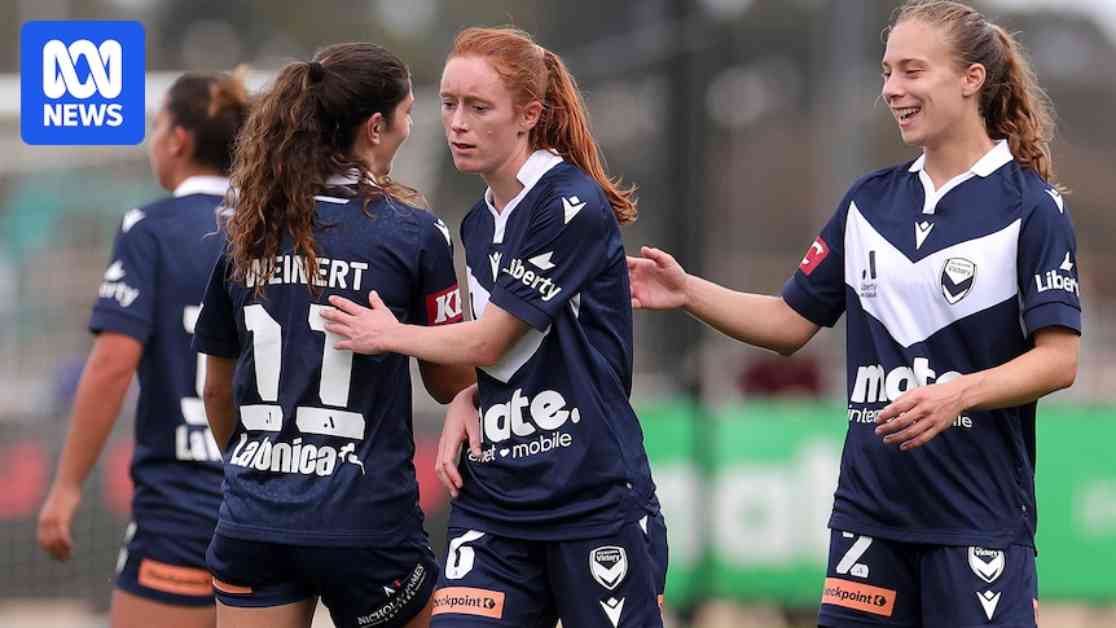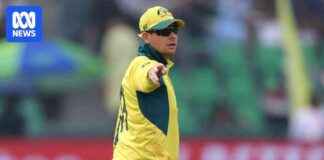The Impact of Part-Time Competitions on A-League Women’s Talent Drain: Analysis and Solutions
In a surprising turn of events, Melbourne Victory star Beattie Goad recently announced her retirement from football at the young age of 27. This decision comes amidst growing concerns from players regarding the sustainability of the part-time nature of the A-League Women’s competition. Goad, a three-cap Matilda with multiple championships under her belt, is just one of many talented players under 30 who have chosen to focus on careers outside of football due to the challenges posed by semi-professionalism.
The Struggles of Semi-Professionalism
Goad’s teammate, Emma Checker, a seven-time Matilda, also made headlines earlier this year when she announced her retirement at 28 to pursue a job opportunity away from the game. The financial constraints and time commitments imposed by the semi-professional league have been cited as major factors influencing these decisions. Former Matildas great Elise Kellond-Knight echoed these sentiments, emphasizing the difficulties faced by players who must balance the demands of the game with other career aspirations.
Players Call for Change
According to a report by Professional Football Australia (PFA), a staggering 96% of ALW players support the transition to a fully professional league by 2026. The report highlights how the part-time structure of the competition hinders its quality and creates unsustainable conditions for players, particularly those with increased family commitments or nearing the end of their careers. The desire for full professionalism stems from the belief that adequate resources and support are essential for players to reach their full potential.
The Road to Full Professionalism
While the minimum remuneration for ALW players saw an increase in 2023, reaching $25,000 for an extended season, it still falls short compared to other leagues. AFL Women’s players, for instance, earn significantly higher wages, underscoring the need for improved conditions in the A-League Women’s competition. Players like Tash Prior and Leah Davidson, who juggle multiple roles to pursue their passion for football, exemplify the challenges faced by those in the league.
In conclusion, the push for full professionalism in the A-League Women’s competition is not just about financial rewards but also about creating an environment that nurtures talent and fosters growth. As emerging players like Leah Davidson express optimism for the future of Australian football, it becomes clear that the transition to full-time professionalism is essential for the continued success and development of the sport.

















